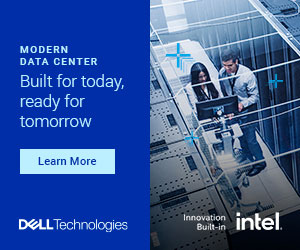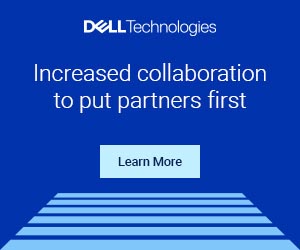Make no mistake about it, the year 2020 was all about forced remote work. In 2021 we saw a true movement to the hybrid workplace model, as organizations undertook digital transformation initiatives seriously. 2022 continues to be a year of transition as organizations have begun welcoming, and some mandating, a return to the office.
So, with all the current economic uncertainty and inflation looking like it will be around for a while, what will the workplace look like in 2023?
It is likely that the economic environment will lead to further changes in behavior as employees incur the additional cost that inflation will bring to things such as travel, heating their homes and other ongoing direct expenses. The question looms - will this lead to more employees wanting to be in the office, or at home? This then begets the more important question - are your customers prepared for the new potential demands? Can their systems quickly adapt to possible ongoing changing demands as the 2023 hybrid workplace evolves?
Strategic IT will still be a key differentiator for customer enterprises
Regardless of what form the 2023 workplace takes, customer IT enterprises will need to keep pace. A recent study conducted by The Economist Intelligence Unit stated, “Integrating information and workflows across the organization” and “Changing systems and processes quickly” are top areas for IT improvement.
They reported that the need for business agility, spurred by COVID, is causing IT to forge a new role based on its ability to deliver organizational resilience. To understand this shift and what it means for IT/business collaboration, they conducted a series of in-depth interviews with IT and business decision-makers at major corporations. Results show that:
• 83% of respondents say adapting better to external change requires moderate-to-considerable IT infrastructure and apps improvement.
• Supporting remote workers (72%), integrating information and workflows across the organization (69%), and changing systems and processes quickly (69%) are the top 3 areas for improvement.
• 71% report that relatively few of their applications have AI and/or machine learning capabilities, and 57% report that RPA projects often fail.
• 3-12 months is the average backlog for planned IT projects, and the situation is worsening as business project demand outstrips IT budget growth.
And IT spending research fully supports this. In a recent article in CRN, they reported that Gartner expects total worldwide IT spending in 2023 of $4.66 trillion, a 5.1-percent increase over the $4.43 trillion it estimated for 2022. Furthermore, they stated that 2023 IT demand is forecast to be strong as enterprises continue their digital business initiatives despite the current economic environment, said John-David Lovelock, distinguished vice president analyst at Gartner, in a statement.
CRN goes on to say that Gartner’s worldwide IT spending forecast comes on the heels of a July 2022 survey Gartner did of over 200 chief financial officers which found that 69 percent of them expect to increase their spending on digital technologies, which the analyst firm said is in direct contrast to conventional wisdom that IT spending might fall in an economic downturn.
Informing and educating customers about strategic IT has never been more important
The bottom line is that by all indications the opportunity for today’s modern solution provider has never been better for growing their business. This is especially true now that the demand for the strategic deployment of enterprise IT is stronger than ever due to new business agility and resiliency initiatives.
It is these very conversations that provide partners with the opportunity to be proactively informing and educating their customers about these broader, and critically important needs. This way their customers can be ready for whatever form the 2023 hybrid workplace takes, in addition to building the ability to get even closer to their customers as well.





















